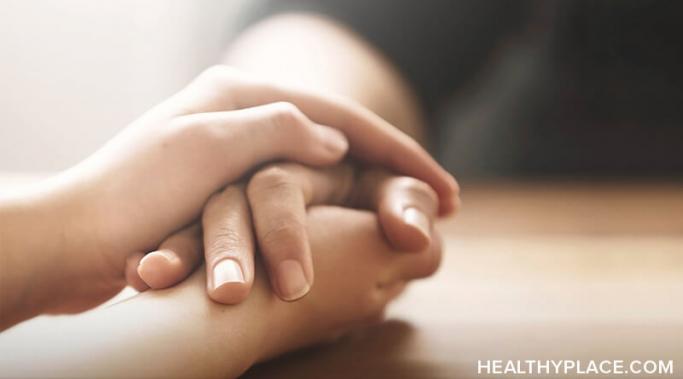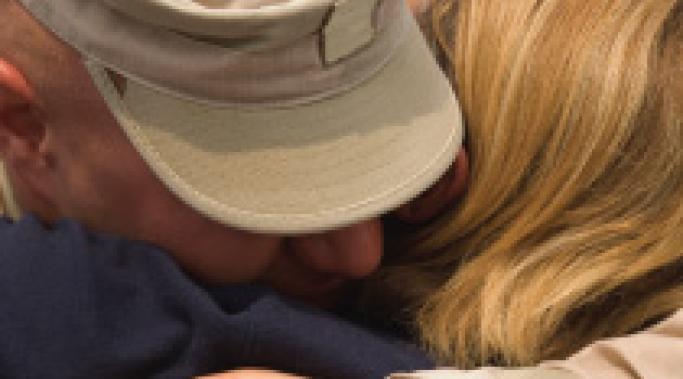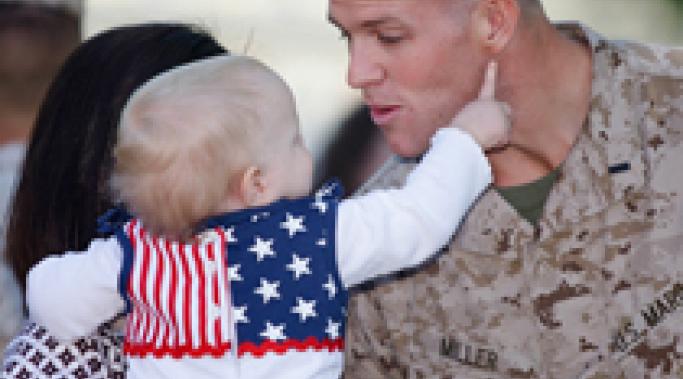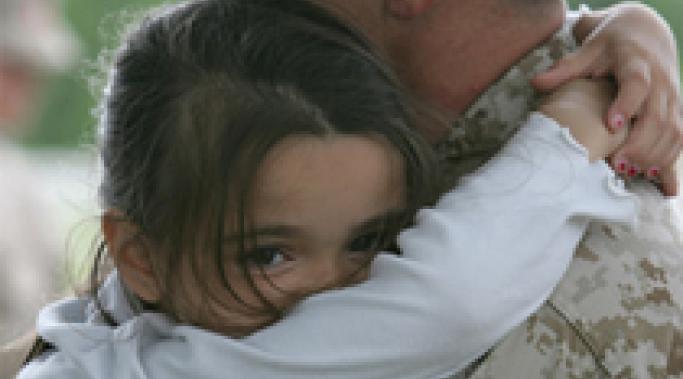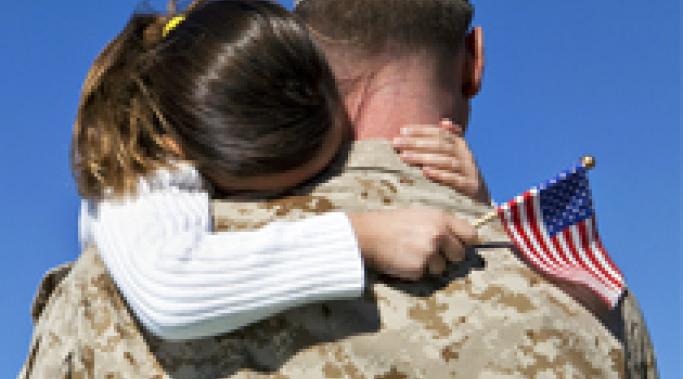Being a caregiver to a person with posttraumatic stress disorder (PTSD) isn’t easy. Everyday interactions, from things as simple as disputes over how one loads the dishwasher to parenting decisions between a caregiver and the person with PTSD, can be challenging. In fact, a caregiver might feel like they don’t even recognize the loved one they’re living with post-trauma. However, there is help, and there is hope. Caregivers can take an active role in helping people with PTSD get better.
Family Issues
A while back I wrote an article on how symptoms of combat posttraumatic stress disorder (PTSD) can be seen in the children of veterans. Not surprisingly, PTSD symptoms can also be seen in some spouses of those with combat PTSD, even though the spouse never directly went through the trauma the veteran did. This is often known as secondary traumatic stress or secondary traumatic stress disorder.
Returning from a deployment can be challenging in many ways and Vet Centers can help. Vet Centers are there to help combat veterans and their families through counseling, outreach and referrals. If you’re suffering from combat posttraumatic stress disorder (PTSD) or are experiencing other difficulties after returning from deployment, you should definitely look into these services which are always free and confidential.
In the last two articles I commented on how combat posttraumatic stress disorder (PTSD) can be transmitted between parent veterans and their children and what combat-related PTSD might look like in the children of veterans. Today, I talk about what a parent with combat PTSD can do to fight its effects in his or her children.
Last week I discussed the fact that combat posttraumatic stress disorder (PTSD) can be transmitted to children from their parents in cases where a parent suffers from combat PTSD. This intergenerational transmission of trauma, or secondary PTSD, can drastically impact a child’s behaviors. Symptoms of combat PTSD in children can range from hyperactivity to extreme withdrawal.
It is understood that combat-related posttraumatic stress disorder (PTSD) affects the warrior, but combat PTSD doesn’t just affect the person suffering it, it also affects those around him (or her) and the effects of combat PTSD on children are just recently being recognized. When the person suffering combat PTSD is a parent, he can turn his home into a combat zone.
